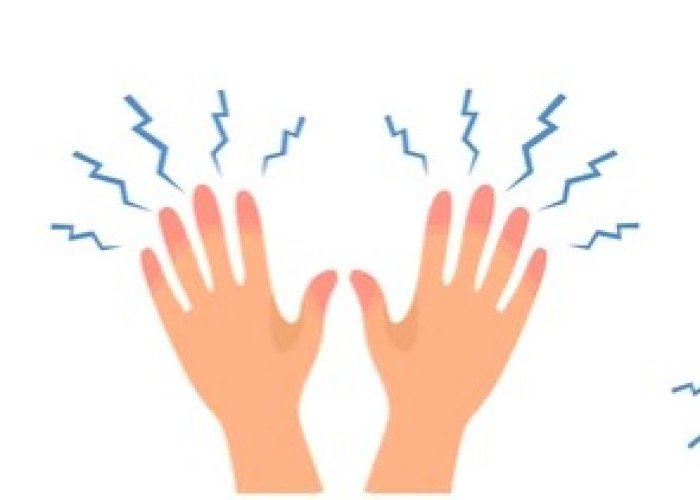 Welcome
Welcome
“May all be happy, may all be healed, may all be at peace and may no one ever suffer."
Brain inflammation - Homeopathic remedies
Brain inflammation, also known as encephalitis, is a condition characterized by inflammation and swelling of the brain tissue. It is usually caused by an infection, but it can also be caused by an autoimmune reaction, a reaction to a vaccine, or exposure to toxic substances.
Symptoms of brain inflammation can vary depending on the cause and severity of the condition. Common symptoms may include headache, fever, confusion, memory loss, seizures, and weakness or numbness in the limbs. In severe cases, brain inflammation can lead to coma or death.
Diagnosis of brain inflammation typically involves a combination of physical examination, blood tests, imaging studies, and sometimes a spinal tap to collect cerebrospinal fluid for analysis.
Treatment for brain inflammation depends on the cause of the condition. It may involve antiviral or antibacterial medications, corticosteroids to reduce inflammation, or immunotherapy to treat autoimmune conditions. In severe cases, hospitalization and supportive care may be necessary.
Prevention of brain inflammation involves avoiding exposure to infectious agents, maintaining good hygiene practices, and getting vaccinated against certain viral infections. It is also important to promptly seek medical attention if you experience any symptoms of brain inflammation, as early treatment can improve outcomes.

Night emission

Vibration in body

Aversion to food

Malignant boil

Bleeding from nose

Dry skin

Urinary deficiency

Bedwetting
Brain inflammation, মস্তিষ্ক প্রদাহ
To be happy, beautiful, healthy, wealthy, hale and long-lived stay with DM3S.

